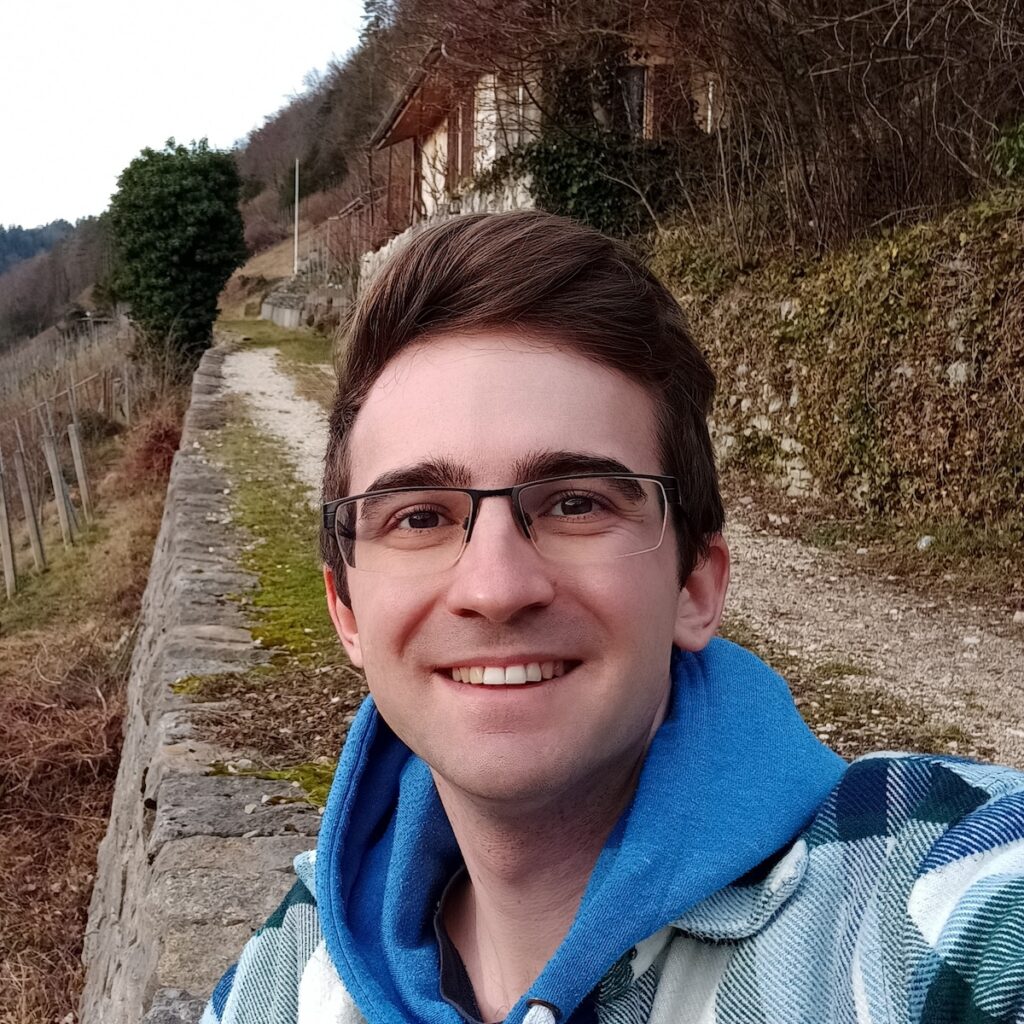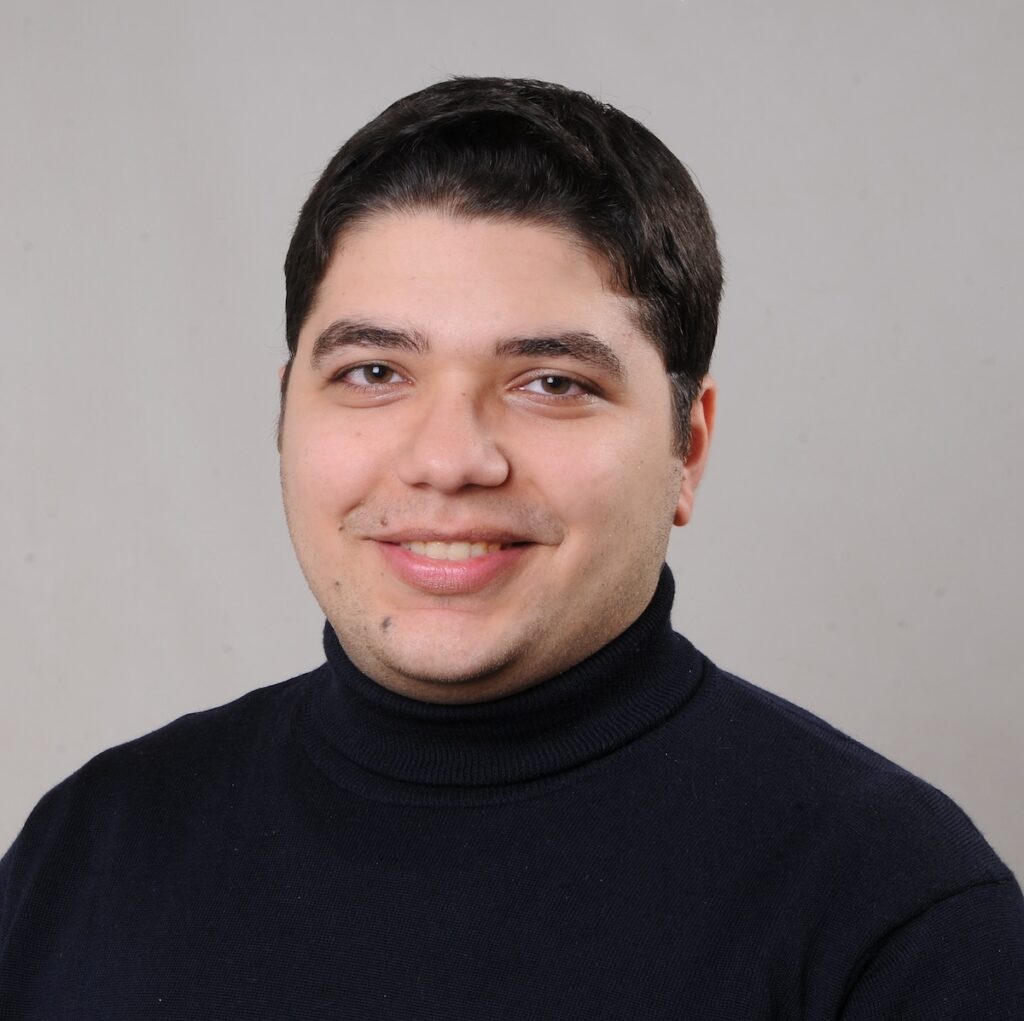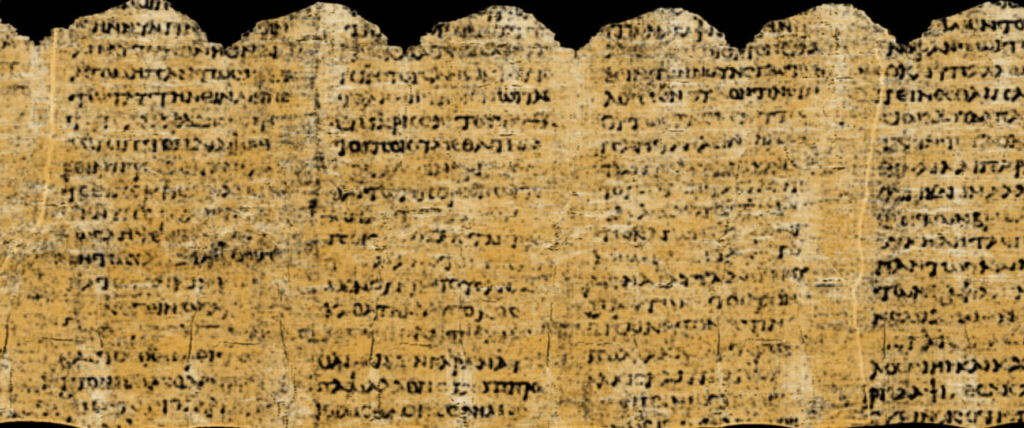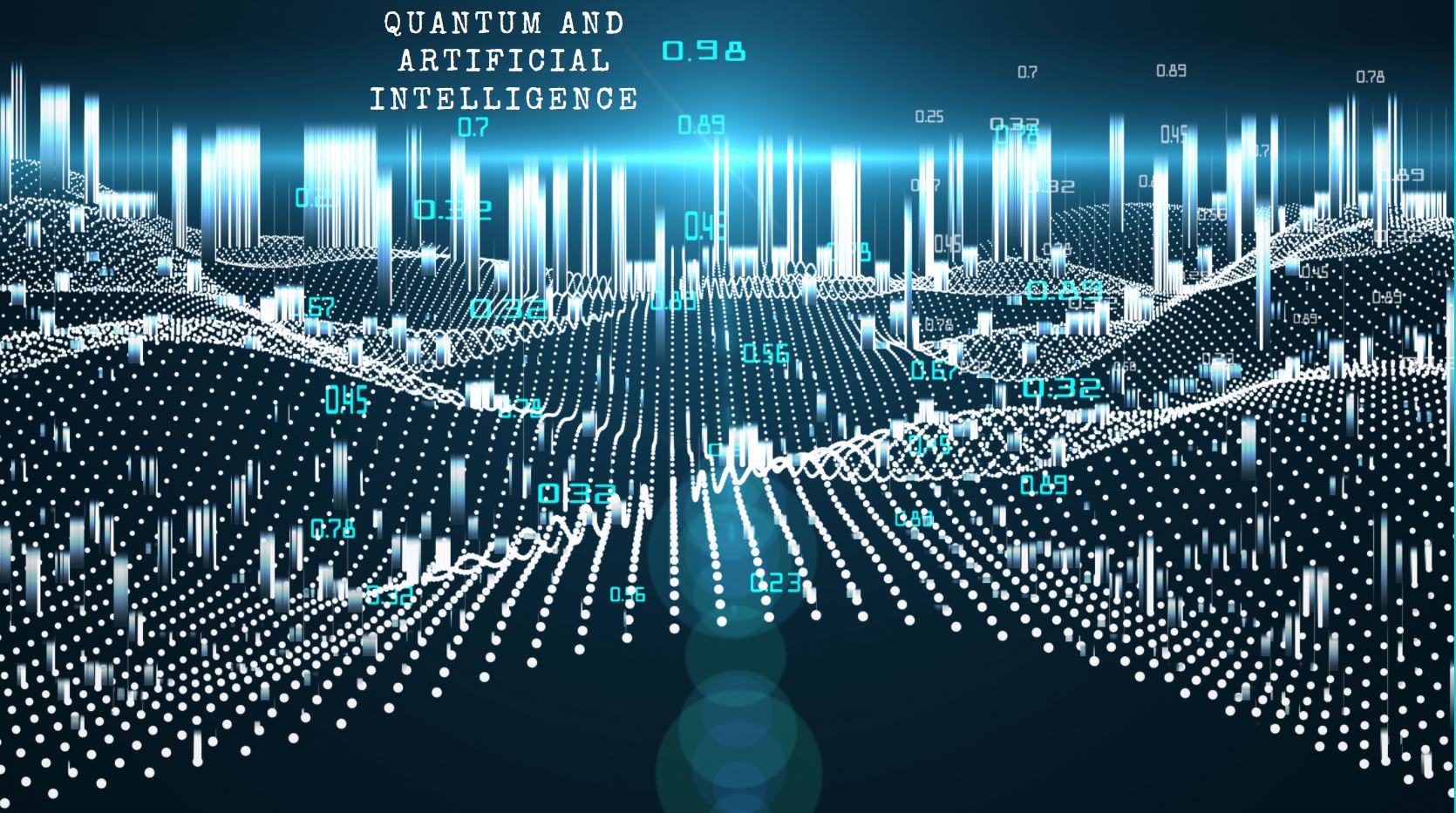Algorithms write history. It sounds absurd, but it is reality because, thanks to artificial intelligence, it has been possible to partially translate an ancient papyrus scroll in which the text was written in Greek but was previously indecipherable. We are talking about a papyrus scroll dating back more than 2000 years, which was damaged during the eruption of Vesuvius in 79 AD and was, therefore, illegible. The writing was identified by Youssef Nader, Luke Farritor and Julian Schilliger, three young researchers who, thanks to their intuition and application, won $700,000. The sum corresponds to the prize awarded to the winners of the Vesuvius Challenge, a competition launched in March 2023 to decipher fragments of the Herculaneum papyri. The translated text is one of a group of writings found in the library discovered intact inside a Roman villa in Herculaneum unearthed in the 18th century.
An exceptional breakthrough



Too delicate to be unrolled, the texts written on papyrus were translated using three-dimensional computer tomography images and artificial intelligence algorithms. In this way, the papyrus was opened virtually, putting into action algorithms trained to recognise the layers of ink and letters. Thus, 15 columns of text of 140 characters each were deciphered, totalling more than 2,000 characters. A small number in an absolute sense because it represents 5% of the scroll, but a sensational discovery for the future, as there is now the basis for continuing the recovery work and discovering the entirety of the texts that had remained indecipherable for all these years.

Papyri – algorithms
“We were all amazed by the images they showed,” said Federica Nicolardi, on the Vesuvius Challenge jury and papyrologist at the University of Naples Federico II, part of the team analysing the text. The result obtained by Nader, Schillinger and Farritor represents a breakthrough after the word ‘purple’ was identified within the papyrus last year, the first-ever. The part of the text translated by the trio talks about food, music and, above all, pleasure, a crucial concept for Epicurean philosophy. Conceived by Brent Seales, Professor of Computer Science at the University of Kentucky and member of EduceLab, the Vesuvius Challenge rewards those who propose effective techniques to decode the Herculaneum papyri. The organisers awarded three other groups with $50,000 each because they ‘provided new approaches to the complexities of ink sampling and labelling‘.
Faced with the impossibility of opening papyri that are 15 metres long and up to 20 centimetres wide because the operation damages them, the use of algorithms together with manual tracing is an effective but still too expensive solution. Experts have estimated an average expenditure of $100 per square centimetre. Unrolling them all could cost hundreds of millions, considering there are 800 papyri to decipher. The goal therefore is to refine the technique to reduce the average cost of translating each papyrus to within $5,000, perhaps even automating the entire process. Meanwhile, the researchers intend to decipher 90% of four papyri this year, with the aim of completing the project in 2026.



